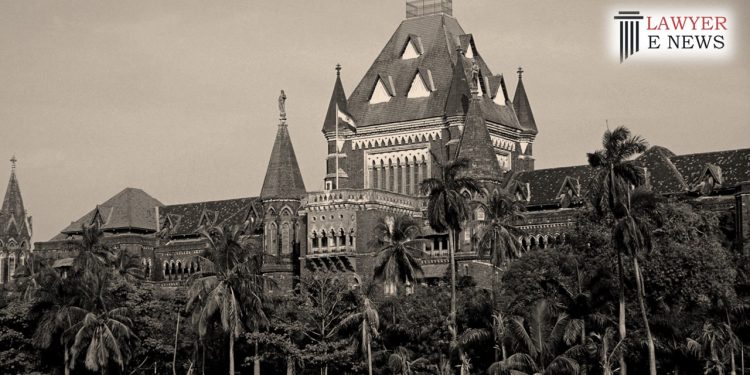Denial of Promotion Based on Disability Not a Violation: High Court

Date: June 16, 2023
In a significant ruling, the High Court has held that the denial of promotion to a disabled employee based on medical eligibility conditions does not constitute a violation of the law. Delivering the judgment, Justice Vrushali V. Joshi stated, “The legislative intent is clear. The promotion to a disabled person may as well be denied in order to ensure that the safety and security of the other personnel of the paramilitary force, and indeed the personal safety and security of the disabled employee, is not jeopardized.” The court emphasized that the denial of promotion is not solely based on disability, but rather on the need to maintain safety and security in the paramilitary forces.
The case revolved around the distinction between “combatised” and “combatant” personnel and the interpretation of exemption notifications. The petitioner argued that as a combatised employee, not expected to be deputed in combat situations, he should be exempted from the promotion rules that require maintaining medical category SHAPE-1. However, the court rejected this argument, stating, “If unfortunately, due to disability, it is not possible for an employee to satisfy the benchmark, no inference can be drawn that the employee is discriminated and that the denial of promotion is only due to the disability.”
Referring to the precedent set by the Supreme Court in Union of India v. Devendra Kumar Pant and others, the High Court reaffirmed that the prescription of minimum medical standards for promotion should not be considered as a denial of promotional opportunity to persons with disabilities. It stressed the importance of maintaining safety, security, and efficiency in paramilitary forces, stating, “The intention of the Act is to give a helping hand to persons with disability so that they can lead a self-reliant life with dignity and freedom. But the intention of the Act is not to jeopardize the safety and security of the public, co-employees, or the employee himself.”
The court further highlighted the distinction between removal or reduction in rank and denial of promotion, stating that disabled employees cannot be removed or reduced in rank. The first option available is to adjust the employee against another post, and if that is not feasible, the employee can be kept on a supernumerary post until a suitable position becomes available or until they reach the age of superannuation. However, the court clarified that the protective mechanism is triggered only if the disabled employee is discriminated against and denied promotion solely based on their disability.
While dismissing the petition, the court left the question of the applicability of exemption notifications to combatised personnel open for consideration in an appropriate case. This judgment serves as a reminder that while the law provides protection to disabled employees, considerations of safety and security must also be taken into account in certain positions.
This decision by the High Court reaffirms the importance of striking a balance between protecting the rights of disabled employees and ensuring the safety and security of individuals and the organization as a whole.
Date of Decision: 02 May , 2023
Shri Shyamkumar vs The Union of India






